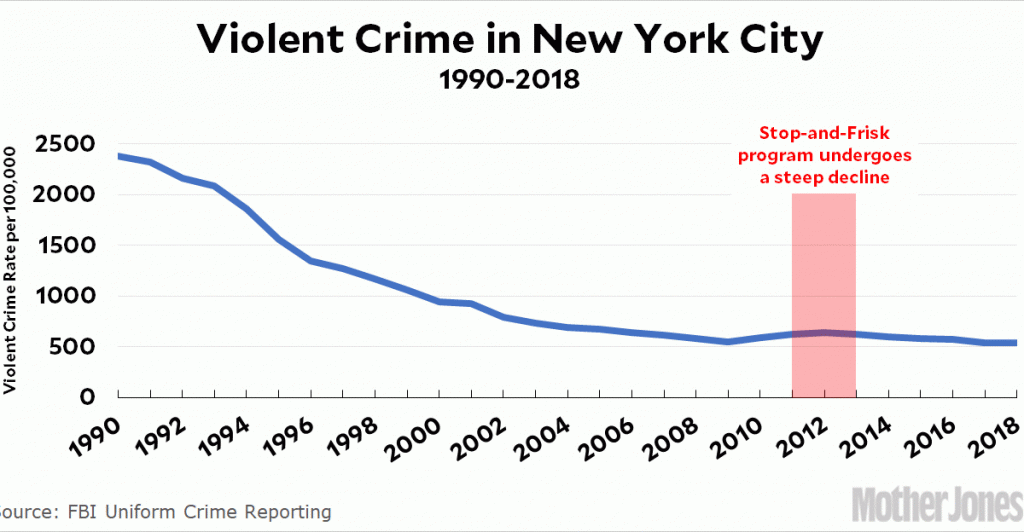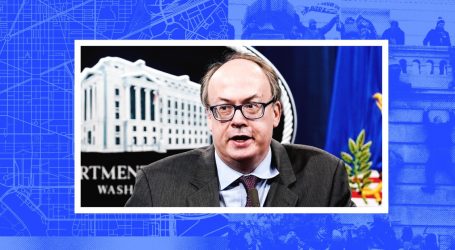Let’s Make Traffic Stops Into Just Traffic Stops
In this era of ubiquitous cellphone video, it’s encouraging that police killings of Black men are finally getting the attention they deserve. But there’s a parallel problem behind the videos that make the headlines. Police shootings have been widely studied and the studies mostly point in the same direction: Black men are stopped at a greater rate than white men, and once you account for that, the rate of police shootings is about the same for both.¹ (I’m comparing men because women of both races are stopped less, though the disparities between them are also pernicious.) In other words, to reduce police shootings of Black men, we need to first tackle the toxic law enforcement mindset that has produced Driving While Black, Walking While Black, and every other police activity that unfairly focuses on Black men and manufactures too many unjustified encounters that can escalate all too easily.
This is one reason why, for example, stop-and-frisk programs like the infamous one in New York City are so damaging. They focus almost entirely on Black men and produce in those men a fully justified resentment toward cops who are constantly harassing them. What’s more they don’t even work: New York’s stop-and frisk program was mostly stopped between 2011 and 2013, and the only thing that happened is that the city’s violent crime rate continued to decline:
This has noodled around in my brain for a while and produced an idea. This might be stupid, and maybe it’s something that other people have already studied, but here it is anyway: Make traffic into traffic stops and nothing more.
What I mean by this is that too often traffic stops are mere pretexts to look for outstanding warrants or search a car on a fishing expedition. And we know that Black drivers are stopped far more frequently than white drivers. So why not eliminate the pretext? Don’t allow cops to randomly “run plates” looking for an excuse to stop someone, and forbid vehicle searches following a stop. In other words, with only a few clearly defined exceptions the only allowed outcome of a traffic stop is either a ticket or a warning, and that’s it. This is no panacea, but it would reduce the incentive for police officers to pull over Black men just because they seem “suspicious.”
Needless to say, it’s different if police have a very specific car they’re looking for. In that case the rules would be different.² And just as obviously, handing out a ticket can be a form of harassment too. Still, it sure seems as if this would cut way down on encounters between Black men and police, and probably without affecting the crime rate much.
Why am I so sure this wouldn’t affect the crime rate? I’m not. But the reason I suspect it would have little effect is one all of my readers are aware of: the crime rate in the United States has plummeted over the past three decades thanks to the elimination of gasoline lead. What this means is that a lot of the things we used to think were necessary for reducing crime aren’t true anymore. Teens and 20-somethings are simply less violent and less prone to crime than they used to be, and a lower key form of police interaction won’t change that. We have moved from a country in which crime was high and (arguably) justified tough measures, to one in which crime is low and is likely to stay that way. We desperately need policing that recognizes this.
¹For example, here, here, here, and here.
²There’s a huge difference between looking for a specific vehicle that’s associated with a crime, and simply running plates on anyone deemed “suspicious” and occasionally coming up with a hit. The former produces a few specific hits for specific crimes, while the latter gives cops an excuse to roam around and stop anyone with an unpaid parking ticket just for the hell of it.




